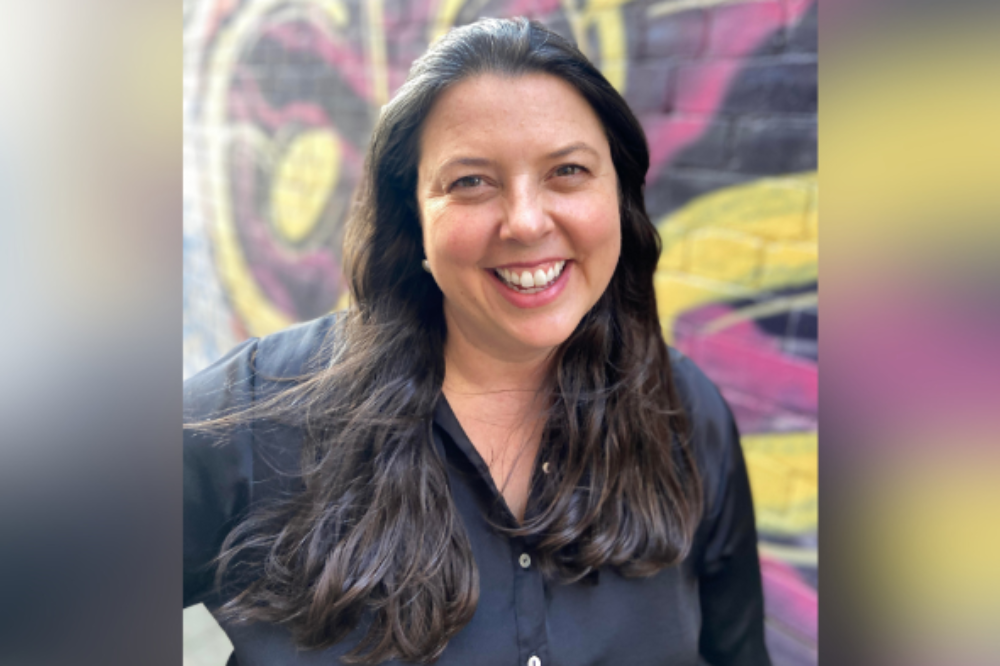
In a fair and just society, everyone has equal opportunities to achieve their full potential, regardless of their background. It could be said that school is where that crucial journey begins. However, reports show Australia has one of the most unequal education systems among the OECD nations.
The achievement gap between children from advantaged and disadvantaged backgrounds is equivalent to two years of learning by Year 5, an issue that impacts not just the academic progress of young people, but also their post-school opportunities.
Findings like these highlights the critical role teachers play in giving young people the tools to improve their academic and life outcomes.
Earlier this month, Teach For Australia’s Founder and CEO, Melodie Potts Rosevear OAM, called for those considering a career in teaching to “jump aboard” and help advance educational equity across Australia.
Amidst widespread teacher shortages, the organisation is helping to disrupt entry barriers and teacher turnover through a rigorous recruitment process, the provision of wrap-around support, and an employment-based pathway.
Support that extends beyond the school gates
When asked about the challenges TFA teachers face in low-socioeconomic and rural areas, and how the Leadership Development Program can address them, Potts Rosevear said TFA teachers encounter very similar challenges to those faced by other educators working in low socioeconomic and rural areas.
“These challenges include excessive workload, limited access to resources, understaffed schools, and isolation, particularly for those working in regional, rural, and remote locations. However, through the Leadership Development Program, we actively work to address these challenges,” Potts Rosevear told The Educator.
“During the first couple of years in the classroom, every TFA teacher receives comprehensive support from a range of mentors. For those moving to new or rural areas, this support extends beyond the school gates, helping them to connect with their local community and foster a sense of belonging.”
Additionally, says Potts Rosevear, TFA assists its partner schools by placing teachers with expertise in high-demand subject areas to fill staff vacancies.
“Our coaching and training programs are tailored to the specific needs of each school, helping to alleviate their workload.”
A strong focus on building resilient teachers
Potts Rosevear said teacher wellbeing has remained a central focus of its Leadership Development Program in recognition that teachers that have strong mental health are more effective in the classroom.
“Through our training and coaching, we equip new teachers with the tools to manage stress, build resilience, and maintain a healthy work-life balance,” Potts Rosevear said.
“All TFA coaches and managers undergo Mental Health First Aid training. This ensures they can recognise any signs of mental distress and provide appropriate support to the teachers they are mentoring.”
Potts Rosevear noted that TFA’s coaches are also trained in transformational coaching to help teachers develop self-awareness, understand their emotions, and build mental health practices.
“Additionally, we collaborate with Greater Space, an innovative mental and professional health care solution specifically designed for educators, to offer additional support to TFA teachers who need it,” she said.
“We also leverage Reflective Circles Education Models, to encourage teachers to build self-awareness and peer support by participating in reflective discussions, sharing experiences, and learning from one another.”
Potts Rosevear said TFA remains connected to the global Teach For All network where it continues to learn from best practices in leadership and teaching across different contexts.
“This continuous learning informs our approach to enhancing teacher wellbeing.”
Meeting leaders at their point of need
Potts Rosevear revealed TFA recently forged a partnership with Katherine High School to deliver a targeted Leadership Development Series pilot.
“Through this partnership, TFA will facilitate a series of virtual leadership development sessions to middle and senior school leaders, fostering collaboration and collective growth,” she said.
“TFA will tailor the program to best meet the leaders at Katherine High School at their point of need and provide a suite of learning that achieves the program objectives.”
Potts Rosevear said TFA, in drawing upon the wealth of knowledge accumulated since 2014, is committed to enhancing professional development in leadership by integrating best practice teacher methodologies across multiple Australian jurisdictions.
“This initiative is a pivotal component of our test-and-learn transformation strategy and has scalability potential based on market demand,” she said.
“When it comes to integrating new technology, given the diverse context in which our teachers operate, varying digital literacy and differing access to technology for teaching staff and students alike, it is important to avoid a one size fits all approach.”
To address this, TFA regularly facilitate forums for its teachers and Alumni to share best practice and success stories using technology, particularly for those teaching in remote and rural contexts, Potts Rosevear noted.
“We also collaborate with IRIS Connect in Western Australia, Tasmania, South Australia, and the Northern Territory, as well as our new pilot partnership with StepLab in Victoria,” she said.
“This collaboration enables teachers to review and reflect on their teaching sessions using video-based coaching technology.”


